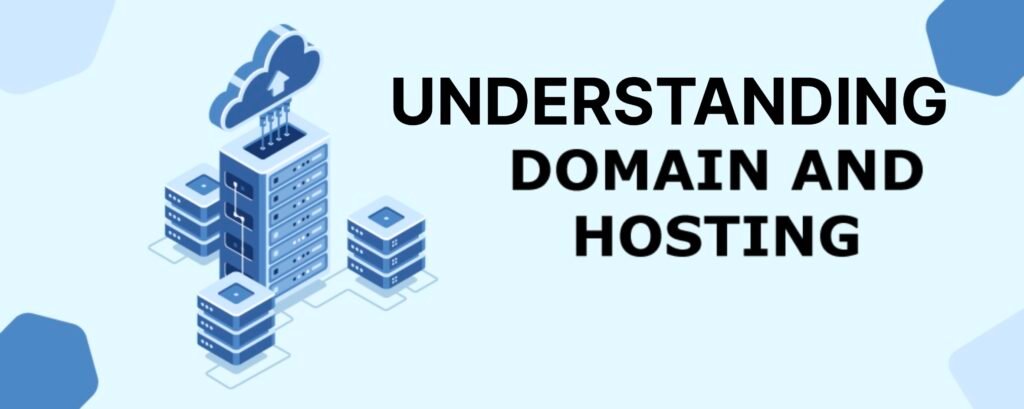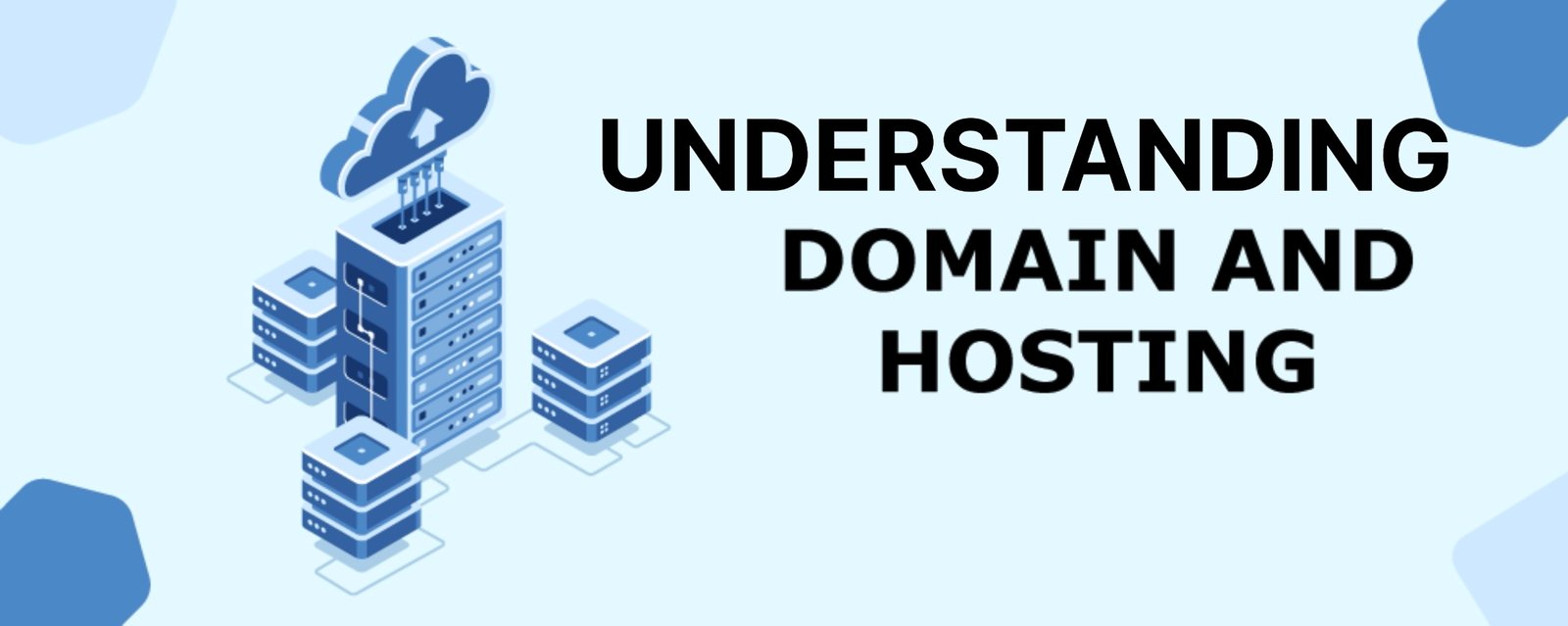Understanding Hosting and Domain: The Building Blocks of a Website
In the digital age, a website is essential for businesses, organizations, and even individuals who want to establish an online presence. However, before you can create a website, it’s crucial to understand two fundamental concepts: hosting and domain. These elements are the foundation of any website, working together to make it accessible on the internet.
What is a Domain?
A domain is the address of your website that people type into their web browser’s URL bar to visit your site. Think of it as the digital equivalent of your home address. Just as your home address directs people to your physical location, your domain name directs users to your website.
For example, in the URL “www.example.com,” the domain name is “example.com.” A domain typically consists of two parts:
– Second-Level Domain (SLD): This is the main part of the domain and usually represents the name of your website or brand. In “example.com,” “example” is the SLD.
– Top-Level Domain (TLD): This is the suffix at the end of the domain name, such as “.com,” “.org,” or “.net.” TLDs are categorized into generic TLDs (gTLDs), like “.com,” and country-code TLDs (ccTLDs), like “.uk” or “.ca.”
What is Web Hosting?
Web hosting is a service that allows your website to be accessible on the internet. When you create a website, it consists of files like HTML, images, videos, and other data. These files need to be stored on a server, a powerful computer that is always connected to the internet. Web hosting providers offer these servers to store your website’s files and make them accessible to users around the world.
There are different types of web hosting services, each catering to different needs:
1. Shared Hosting: In this type of hosting, multiple websites share the same server and its resources. It’s a cost-effective option for beginners or small websites with low traffic.
2. VPS Hosting (Virtual Private Server): VPS hosting provides a virtual environment on a physical server, giving you more control and resources than shared hosting. It’s suitable for websites that have outgrown shared hosting.
3. Dedicated Hosting: With dedicated hosting, you get an entire server dedicated to your website. This option is ideal for large websites with high traffic, as it offers the highest level of control and performance.
4. Cloud Hosting: Cloud hosting utilizes multiple servers to distribute your website’s resources. This setup provides flexibility and scalability, as resources can be adjusted according to traffic demands.
5. Managed Hosting: In managed hosting, the hosting provider takes care of server management tasks, such as updates, security, and backups. It’s ideal for those who prefer not to handle technical aspects of hosting.

How Do Hosting and Domain Work Together?
A domain name and web hosting are two separate services, but they work closely together to make your website accessible to users. When someone types your domain name into their browser, the domain name system (DNS) translates that name into an IP address, which is associated with your web hosting server. The server then sends the website’s files to the user’s browser, allowing them to view your site.
Here’s a simplified breakdown of the process:
1. A user enters your domain name in the browser.
2. The DNS translates the domain name into the IP address of your hosting server.
3. The server responds by sending the website’s files to the browser.
4. The website loads, and the user can interact with it.
Choosing the Right Domain and Hosting Provider
Selecting the right domain and hosting provider is crucial for your website’s success. Here are some tips:
– Domain Name: Choose a domain name that is easy to remember, relevant to your brand, and ideally, short. Consider using a TLD that matches your business or target audience.
– Hosting Provider: Look for a hosting provider that offers reliable uptime, good customer support, scalability, and security features.
The type of hosting you choose should align with your website’s needs and expected traffic.
Conclusion
In summary, the domain is your website’s address, and web hosting is where your website lives. Understanding these two components is essential for building a successful online presence. Whether you’re launching a personal blog, an e-commerce site, or a corporate website, getting the right domain and hosting setup is the first step toward making your website accessible to the world.

